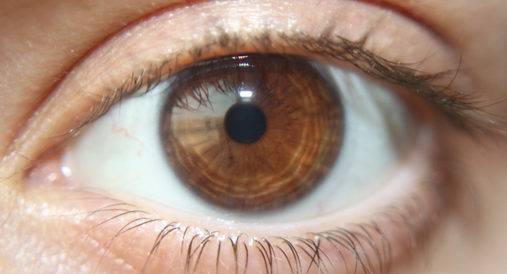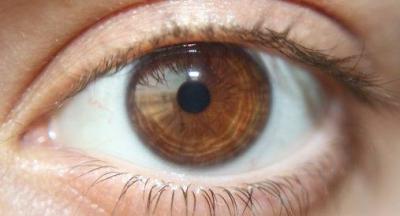American scientists have achieved a scientific breakthrough by managing to revive deceased eyes. The light-sensitive cells in the retina of a donated eye exhibited responses to light for up to 5 hours after death. The test results, published in the journal "Nature," indicated that the deceased's eyes sent signals "similar to those recorded from living organisms." These retinal neurons are part of the central nervous system, which includes the brain and spinal cord. This discovery raises the possibility of restoring other central nervous system cells in the future.
To achieve their scientific results, the researchers designed a special transport unit that could restore oxygen and other nutrients to the eye within 20 minutes of its removal from the deceased donor. Dr. Fatima Abbas, the lead author of the study from the University of Utah, stated, "We were able to awaken the light-sensitive cells in the human fovea, which is the part of the retina responsible for our central vision and our ability to see fine details and color.” She further noted that "in eyes obtained up to 5 hours after the organ donor's death, these cells responded to bright light, colored lights, and even extremely faint light flashes."
The new research marks progress compared to a study conducted by Yale University in 2019, which restarted brains in 32 decapitated pigs that had been slaughtered 4 hours prior but failed to revive activity in their neuronal cells. The authors of the new study hope that this scientific breakthrough will accelerate new treatments for vision loss and improve understanding of brain diseases. They also expressed hope that the developed experiment could support eye research after donation and inspire more people to donate their eyes for scientific purposes.




